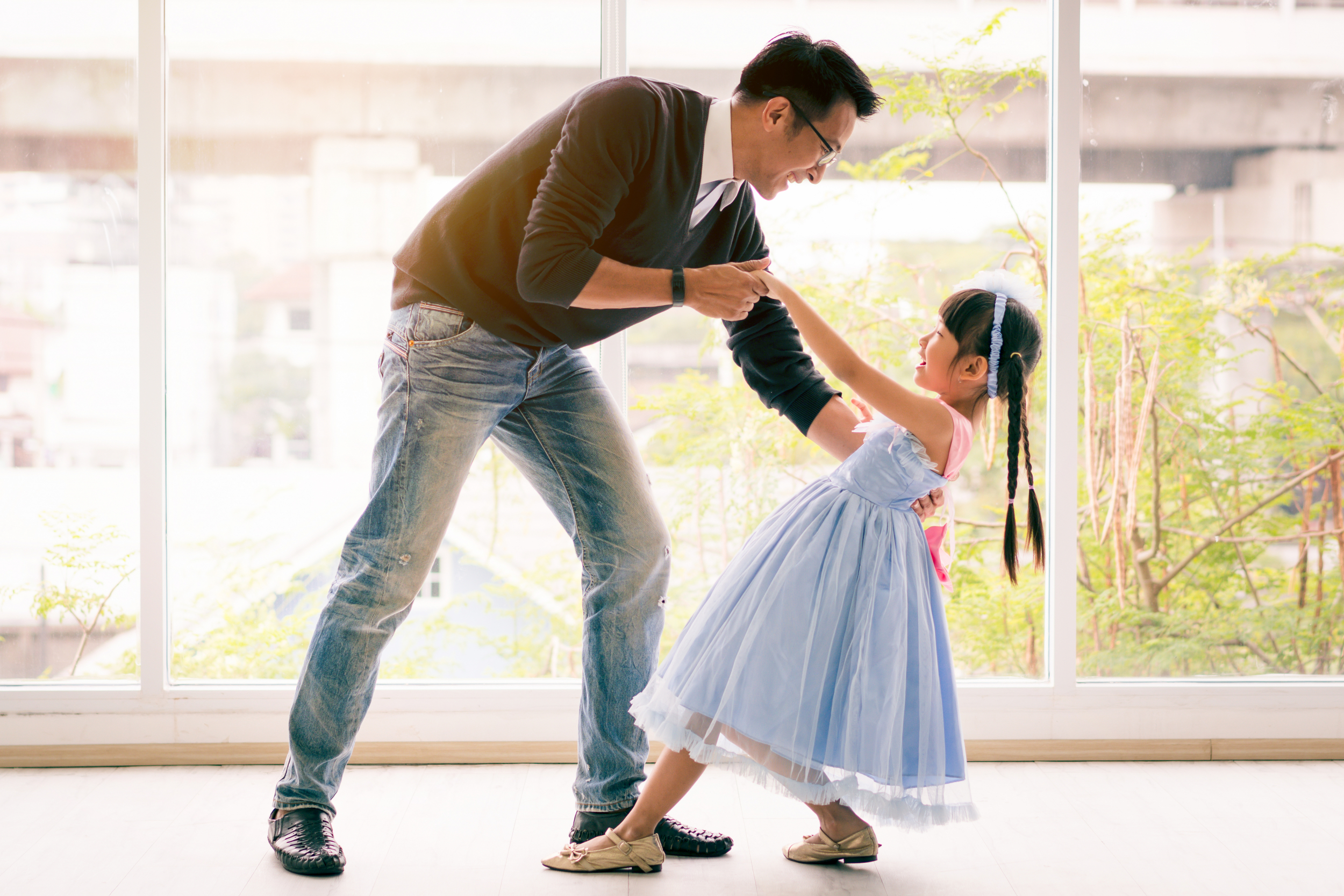
What are the benefits of having an actively involved father?
For us to discuss the positive effects of having an actively involved father, we should understand what active involvement entails. In essence, an actively involved parent is one who feels responsible for and behaves responsibly toward his child. He participates in childcare and takes ownership of child rearing decisions. At the same time, he is physically accessible, emotionally engaged in a positive manner and provides material support to sustain the child’s physical needs.
A child whose father is actively involved in their life will grow up to have better cognitive, psychological, social and emotional skills. This allows them to develop better stress tolerance, higher self-confidence, better academic and life achievements. The child will also grow to have healthier and more stable relationships in adult life.
Challenges in building a strong father-child relationship
For many fathers, being a father is but one of many roles that they take on. Given the time spent away from home or used to focus on these other roles, consistent and quality bonding time with children can be hard to achieve, especially with school-going children. Also, work and other responsibilities can often leave the father too tired by the time he gets home to spend quality time with his children. There are also other distractions, such as work that is brought home from the office, personal pursuits and time needed with other family members.
When children feel that their fathers are not emotionally available, they tend to be less open and honest with them. The child may grow up feeling uncomfortable talking to their father. Poor communication also puts a strain on the father-child relationship.
While easier said than done, it is important that fathers be mindful about making an effort to set aside time to spend with their children whenever possible.
Are you unknowingly distancing yourself from your child?
Fatherhood is one role in life that is often greeted with as much excitement as trepidation. Often, new fathers are inadequately prepared for the responsibilities and substantial number of sacrifices that comes with it. When they are unable to come to terms with the continuous life changes required, distancing or even being in denial is one of the ways in which a father employs to cope with the emotional distress experienced.
Some of the ways in which fathers unknowingly distance themselves from their child include:
- Not prioritising quality time with their child
- Missing important milestones in a child’s life (birthdays, school events, etc.)
- Being highly critically and have unrealistic standards for their child
- Not being attentive to their child’s emotional and physical needs
- Being over-authoritative and controlling
- Showing explicit disinterest or disapproval towards their child’s interests that are not in line with their own
As one of the most important figures in a child’s life, it is important for fathers to be mindful of the above. Children may feel neglected and undervalued when repeatedly exposed to behaviours as such.
How can you strengthen your relationship with your child?
No one is born a great father. We learn to be better ones.
For the multitude of roles that fathers often have to juggle with, it will be helpful to work on principles that are simple and easily remembered when it comes to engaging their children.
The key is to strengthening father-child relationship is to keep communication channels with your children open at all times and always look out for opportunities to enhance them.
Some basic yet effective ways fathers can strengthen their relationship with their children include:
- Allocating and prioritising quality time with your child on a regular basis e.g. once a week to better understand them and their needs more.
- Always making your children feel significant and validated, through your actions, so that they know that they are important to you.
- Being active and supportive in your child’s interests and endeavours.
- Learning to be trustworthy, non-judgmental and open, so that they feel comfortable approaching you.





